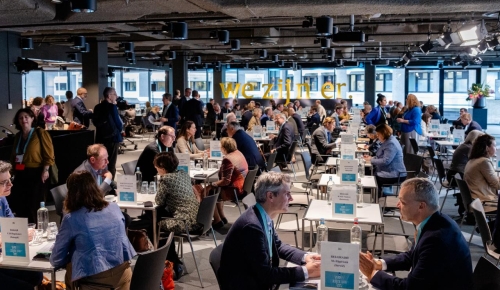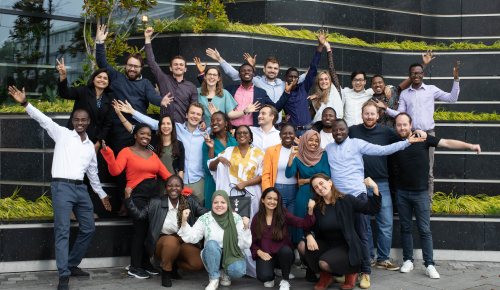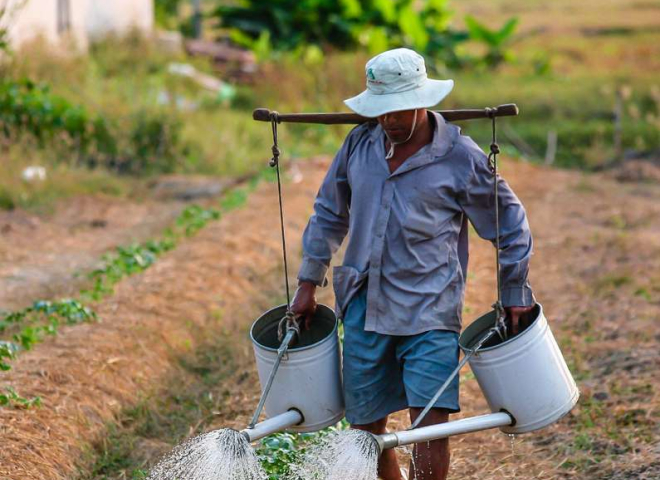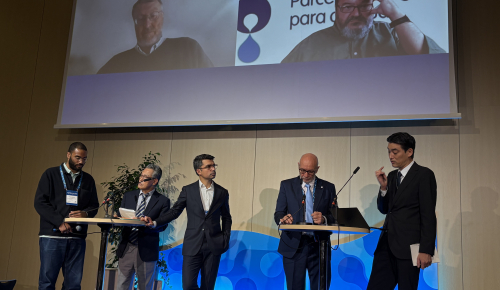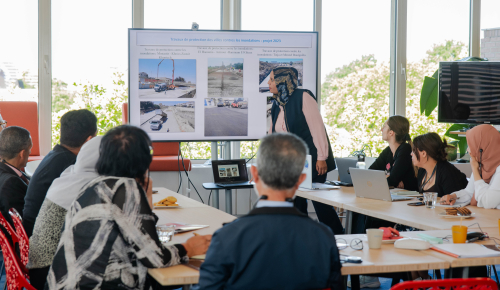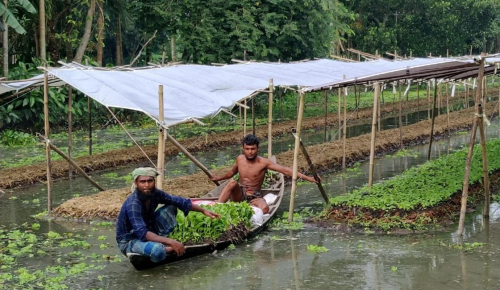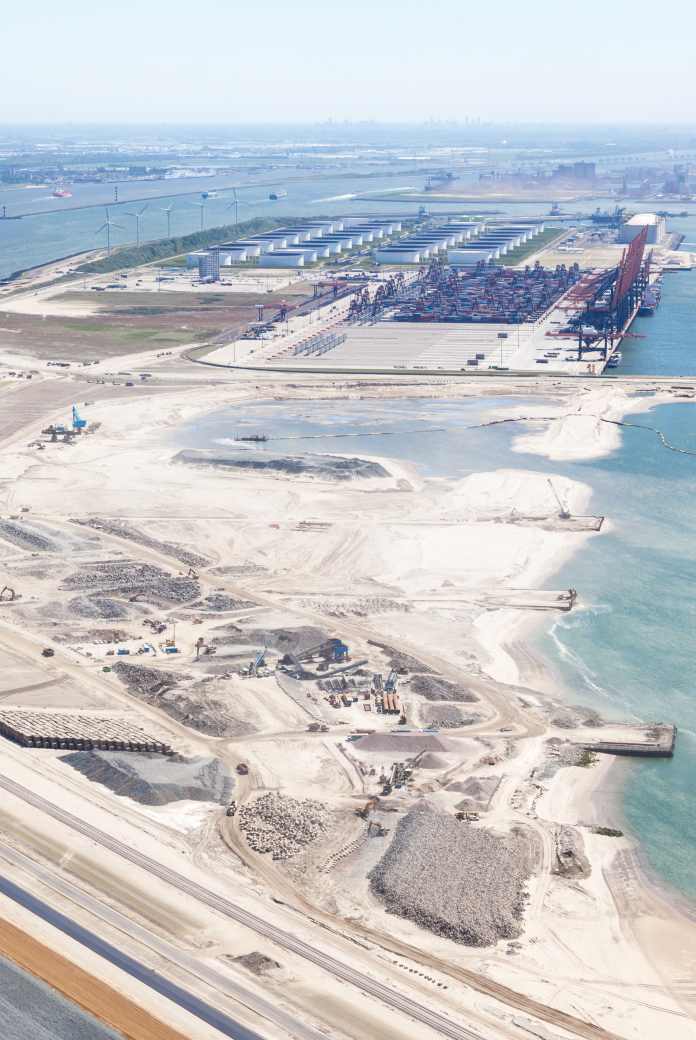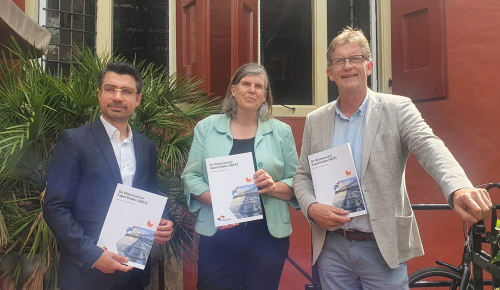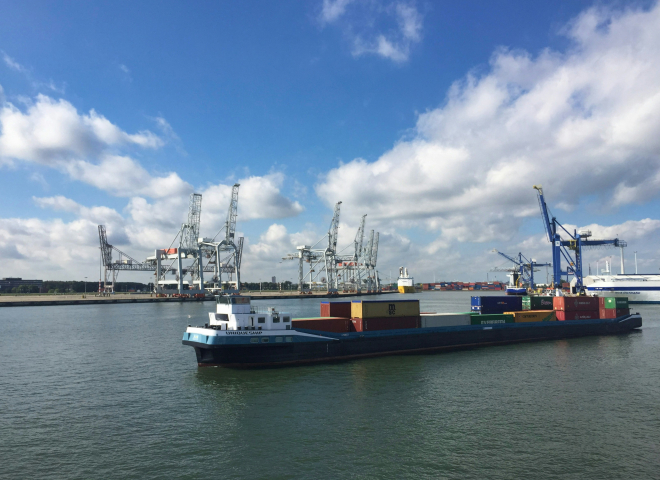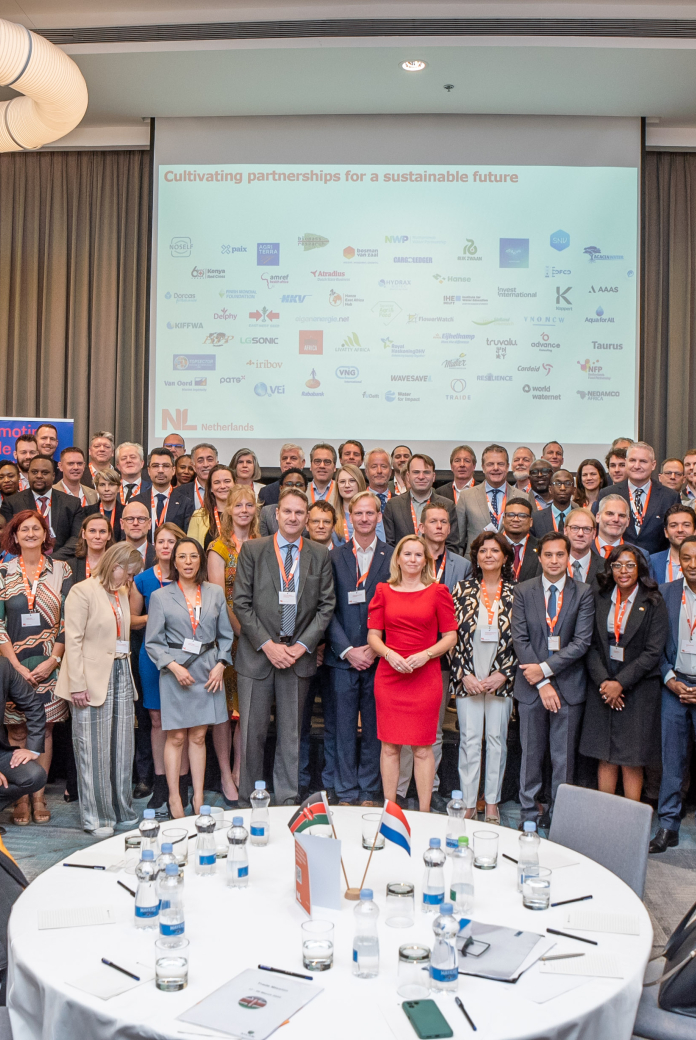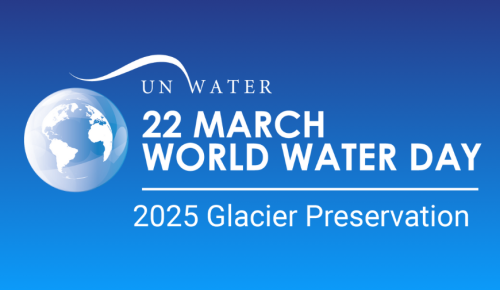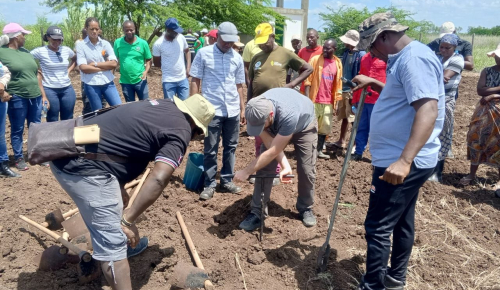Africa
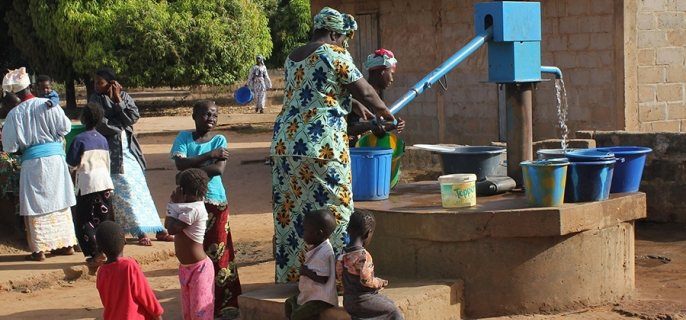

Water challenges
With adequate access to water in communities, diseases can be contained, and populations will become more productive. Uncontrolled urban sprawl and wetland degradation create challenges in coastal zone management. The effects of hurricanes create additional challenges. Further, climate change is causing phenomena like high seasonal variability, prolonged droughts, and extreme precipitation events such as the catastrophic effects of storm Daniel in Libya in 2023.
Opportunities for the sector
However, there are many opportunities in water. European organisations can learn a lot, such as local and traditional knowledge on dealing with drought and water efficiency. Community engagement around Africa is enormous. The economy is growing fast and countries such as Kenya are turning into business hubs for international business. Between 2004 and 2018, the average annual growth of the economy in Africa was 4.5 percent compared to 1.55 percent in the EU in the same period. The economy is expected to continue to grow. This creates opportunities for the Dutch Water Sector to work towards achieving the Sustainable Development Goals, build relationships with African partners, and increase its exports and trade. The continent is interested in a wide range of topics and solutions, depending on the region or country. These include water efficiency, water for agriculture, geodata, WASH, coastal zone management, water governance, wastewater management, IT, and water management.
If you are a Dutch organisation working in one of these areas, or if you wish to expand your water-related network in Africa, feel free to contact us.
